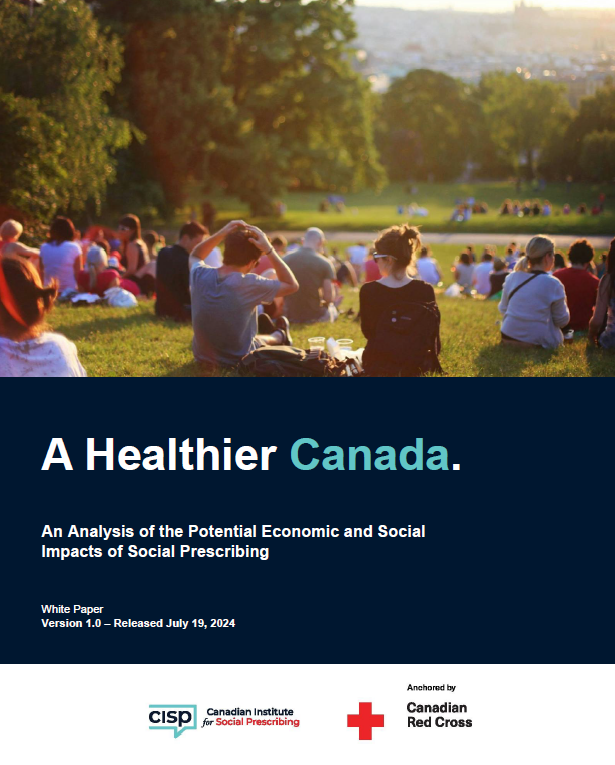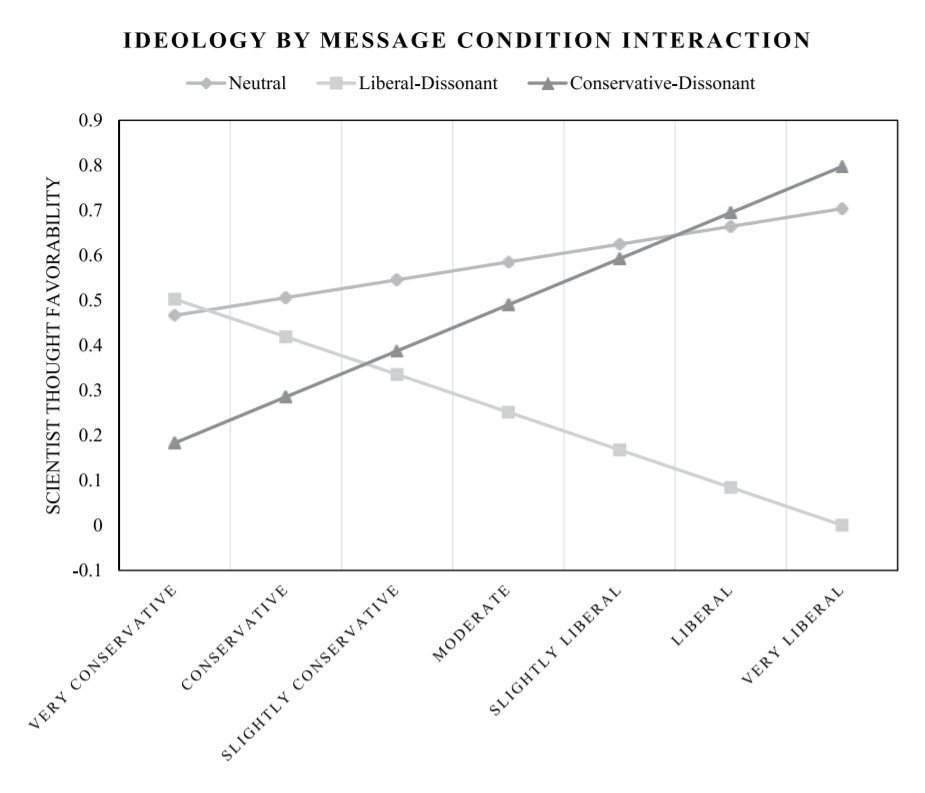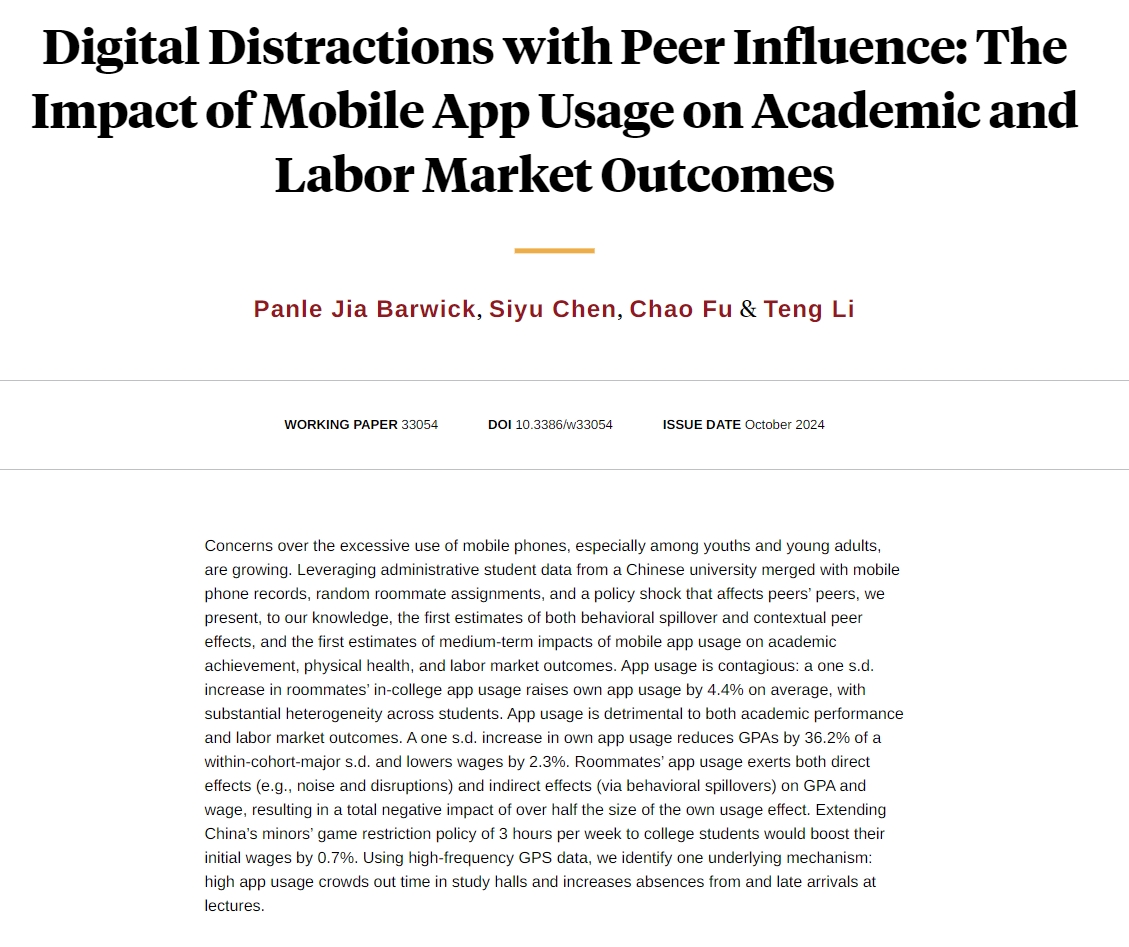
Prof. Kiffer Card
@kiffercard
🏳️🌈 Professor & @HlthResearchBC Scholar | Studying The Social Ecology of Health and Wellbeing with @socialhealth_CA @MHCCAlliance
ID: 1309622413370425344
https://www.sfu.ca/fhs/about/people/profiles/kiffer-card.html 25-09-2020 22:34:57
2,2K Tweet
548 Followers
934 Following
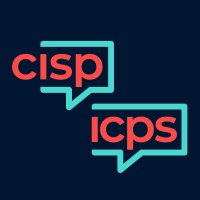

Pretty strong evidence of negative mental health effects of doing a PhD. Recent working paper by Eva Ranehill, Anna Sandberg, Sanna Bergvall, and Clara Fernström. Paper link: swopec.hhs.se/lunewp/abs/lun…
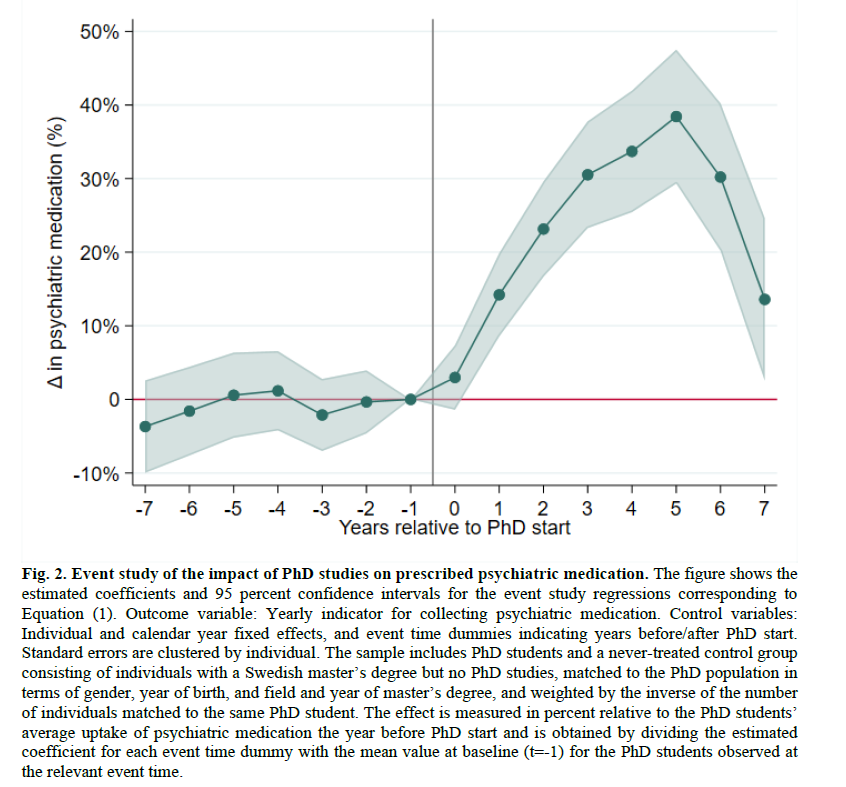

New research alert! PNAS Nexus People systematically and selectively underestimate the income of the top 1%, but not of other percentiles. This matters for policy and redistribution! Read the thread for more or check out shorturl.at/92olj... Jon M Jachimowicz Hooman Habibnia 1/8
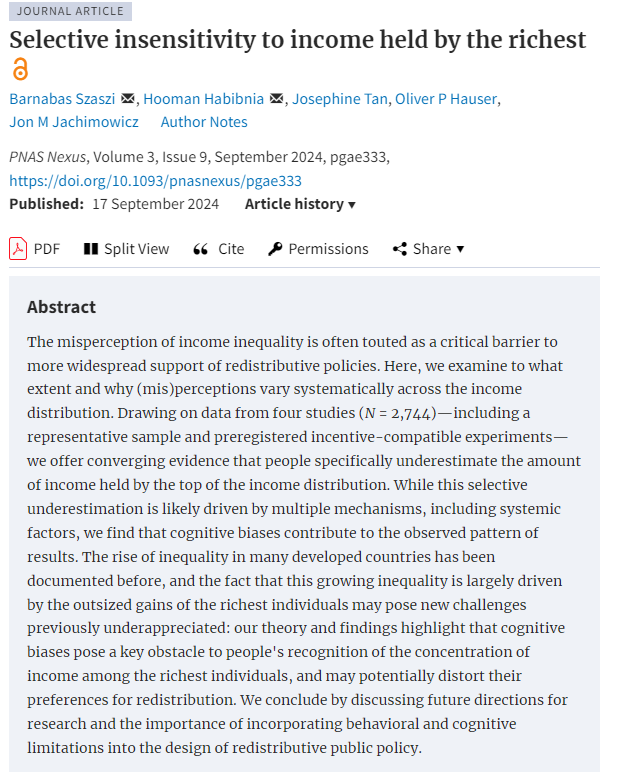



bias taxonomy: many human biases can be summed up as a few basic biases/beliefs, with confirmation bias [peoples’ tendency to process information in a way that is consistent with their prior beliefs] amplifying/combining with all of them journals.sagepub.com/doi/10.1177/17… h/t Steve Stewart-Williams
![David Schmitt (@psychoschmitt) on Twitter photo bias taxonomy: many human biases can be summed up as a few basic biases/beliefs, with confirmation bias [peoples’ tendency to process information in a way that is consistent with their prior beliefs] amplifying/combining with all of them journals.sagepub.com/doi/10.1177/17… h/t <a href="/SteveStuWill/">Steve Stewart-Williams</a> bias taxonomy: many human biases can be summed up as a few basic biases/beliefs, with confirmation bias [peoples’ tendency to process information in a way that is consistent with their prior beliefs] amplifying/combining with all of them journals.sagepub.com/doi/10.1177/17… h/t <a href="/SteveStuWill/">Steve Stewart-Williams</a>](https://pbs.twimg.com/media/GZYBqbaWwAA4Ro9.jpg)






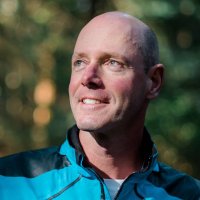




@MOHOspark 100%! 4-6 intimate connections is said to protect our health and happiness, along with joining 3 or more groups and communities (online or offline) Check out my podcast announcing the new social connection guidelines for Canada with Prof. Kiffer Card youtu.be/SmOfm6d0KA4?si…

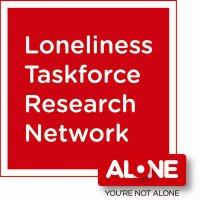
📣 Join us for our next webinar on Feb 17th📣 Registration is now open for our webinar w Dr Nina Goldman and Dr Prof. Kiffer Card talking about their intl perspectives on loneliness & social connection policies and guidelines, followed by a Q&A. More info here: lonelinessresearch.org
